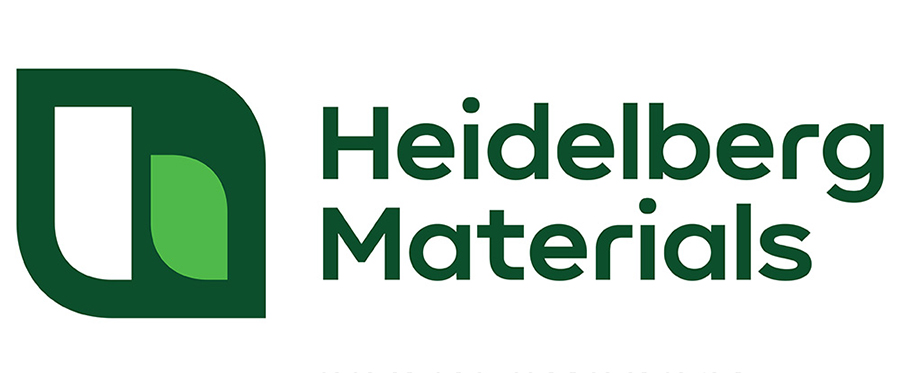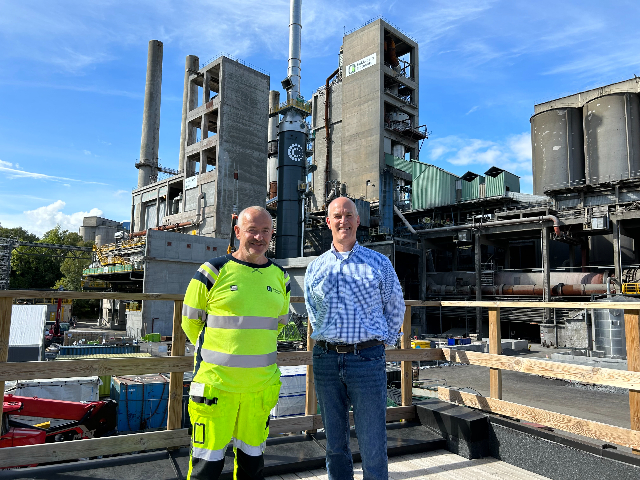As we continue making progress on carbon capture and producing more sustainable cement in North America, we are learning and sharing the experience from our Heidelberg Materials teams globally. Our colleagues in Brevik, Norway, are building the world’s first industrial-scale carbon capture plant in the cement industry.
Recently, Heidelberg Materials invited the Aspen Institute and a congressional delegation from the U.S. to tour the Brevik project and learn about the technology that will help capture and store 400,000 tons of CO2 per year. Well into the project, the team was able to share how clear government support, social acceptance of carbon capture technology in Norway and successful cooperation with the authorities have been key to bringing the project online.
With further progress in decarbonization efforts for our cement plants in North America, engagement with and the support of our elected officials and leaders is vital.
Congressman Rick Larsen, D-WA and Ranking Member on the House Transportation and Infrastructure Committee was part of the delegation visiting our operations in Norway.
“The technology being developed in Brevik is good news for the Pacific Northwest. Thanks to historic investments like the Inflation Reduction Act, Heidelberg Materials may soon be able to accelerate deployment of decarbonization technology and leverage the benefits at its facilities in Northwest Washington, including the cement distribution terminals in Everett and Bellingham and the concrete plant in Ferndale – an investment that would mean more jobs and cleaner and greener infrastructure in our region,” he shared.
With the most advanced and extensive portfolio of thirteen carbon capture projects across the globe, Heidelberg Materials continues to make significant progress in North America. Our Edmonton, Alberta, cement plant is slated to become the world’s first full-scale carbon capture project in the cement sector in 2026 while work continues in evaluating the feasibility of capture and storage at Mitchell, Indiana, - the newest and second-largest cement plant in North America.


